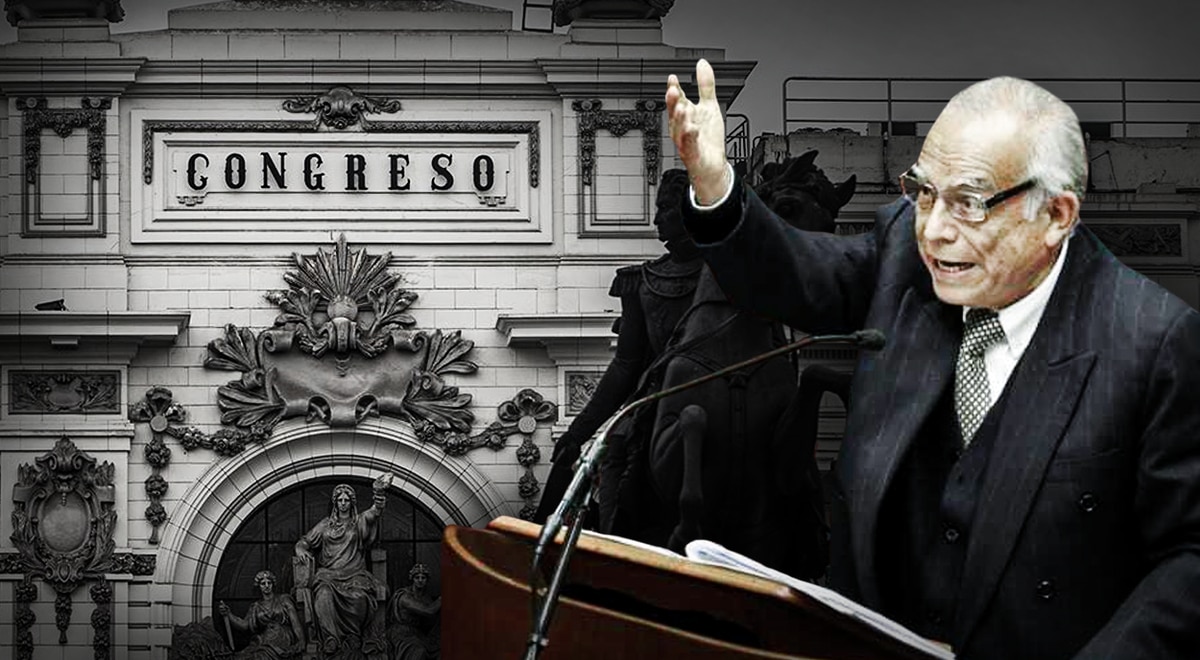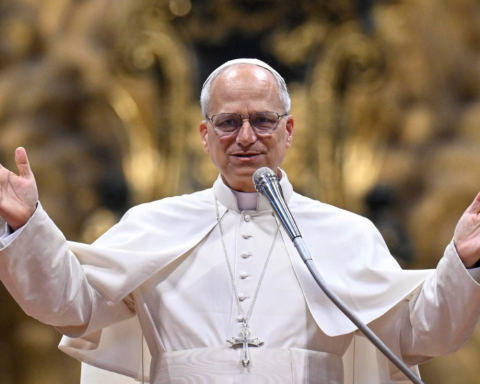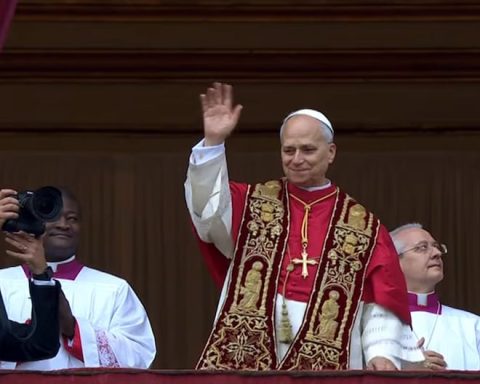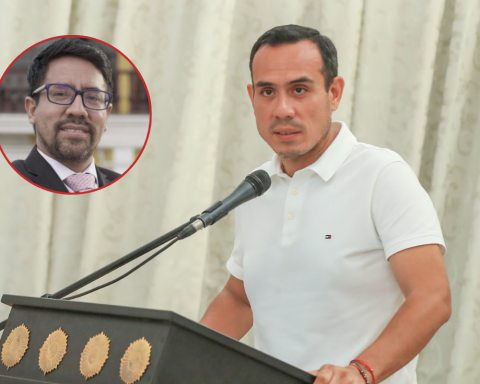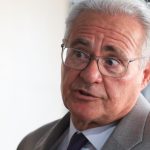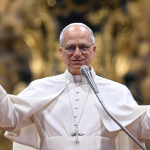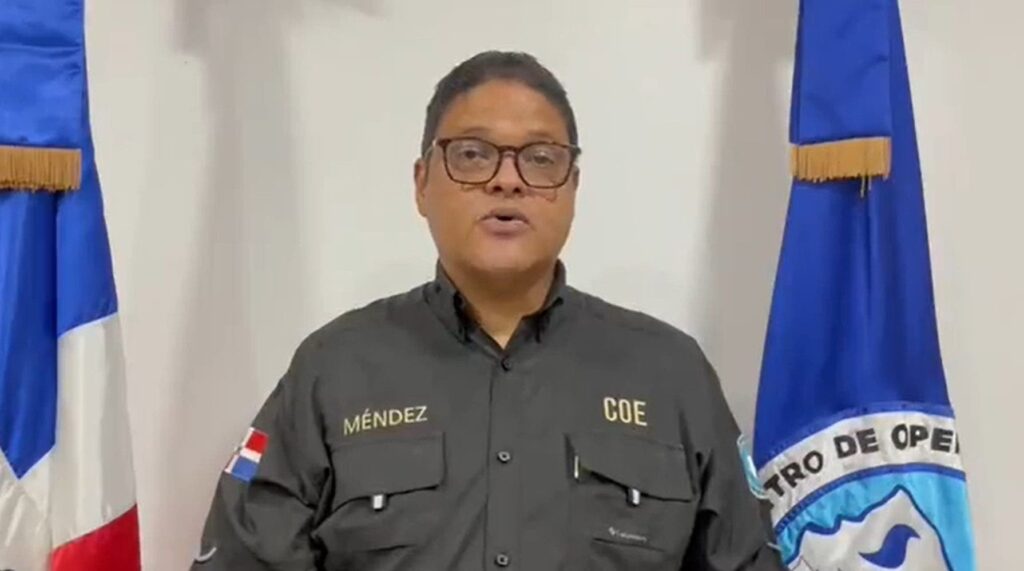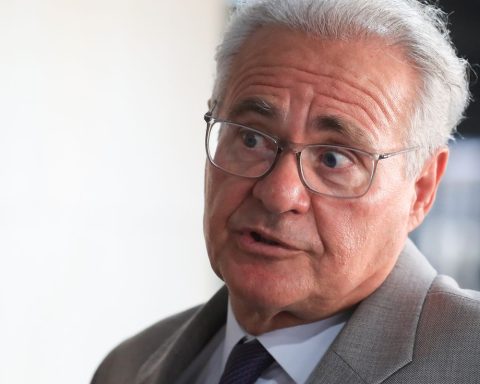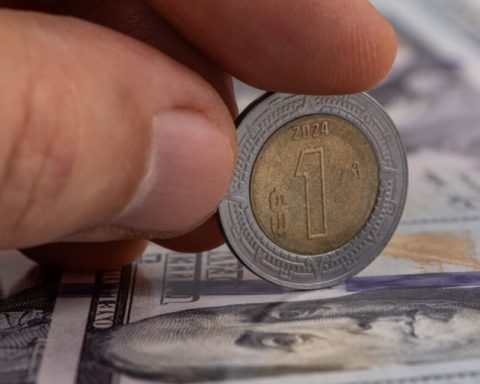Frictions continue between the Executive and the Legislative. Through a statement, Congress announced for this Thursday, November 17, a series of restrictions on the entry of people outside Parliament.
The reasons for this decision? Although Aníbal Torres is not explicitly mentioned in the document issued by the Major Congressional Office, the measure was taken on the eve of a possible presentation by the Prime Minister and his cabinet at the Hemicycle facilities.
What are the restrictions set forth by the Legislature?
In the first place, from the Congress it has been decided that the only ones who will be able to enter through the main door of the premises on Abancay Avenue will be the parliamentarians.
That is, the entrance to people outside the Chamber is prohibited. That includes, implicitly, the members of the Executive.
Likewise, the staff of the offices must enter through the door located at the back of the Legislative Palace, in the Andahuaylas jirón.
The statement from the Mayor’s Office also specifies that no visitors of any kind will be able to enter during the duration of Thursday.
On the other hand, the entry of private vehicles through the perimeter streets of the Congress will be blocked, in particular, Simón Rodríguez and Andahuaylas streets.
For what reason did Aníbal Torres want to attend the Congress?
During the last week, tensions between the head of the Presidency of the Council of Ministers and Congress had intensified due to Torres’s request to present the question of confidence for the approval of a bill.
In a document sent by Aníbal Torres on November 8, he pointed out to the president of the Board of Directors, José Williams, that “the objective of this question of trust is for the Congress of the Republic to schedule the debate and eventual approval of bill 1704/2021-PE”.
Curiously, the proposal had as its central axis the regulation of the vote of confidence, in particular, it proposed to repeal Law No. 31355, a norm that limits this mechanism, which, according to the Constitution, is left to the vote of Congress to grant it or deny it.
Precisely, the intentions of the premier caused rejection from the outset in Parliament and led to its filing from the Constitution Commission. With 16 votes in favor, 9 against, and 6 abstentions, Bill No. 1704 was out of contention.
